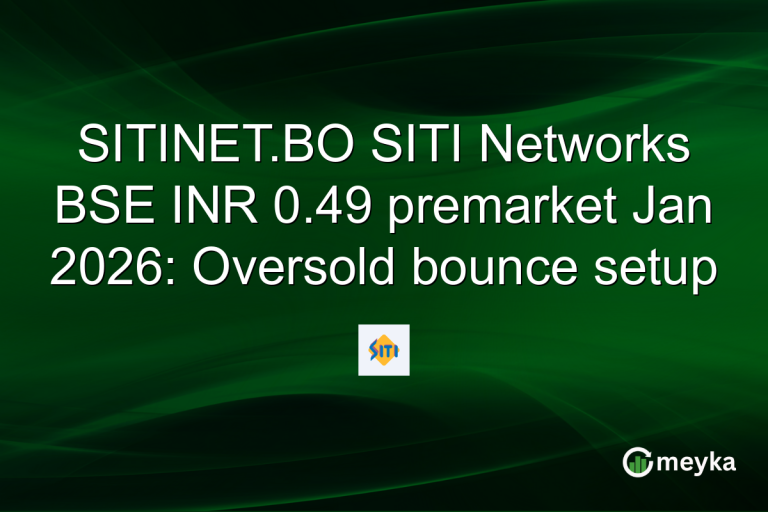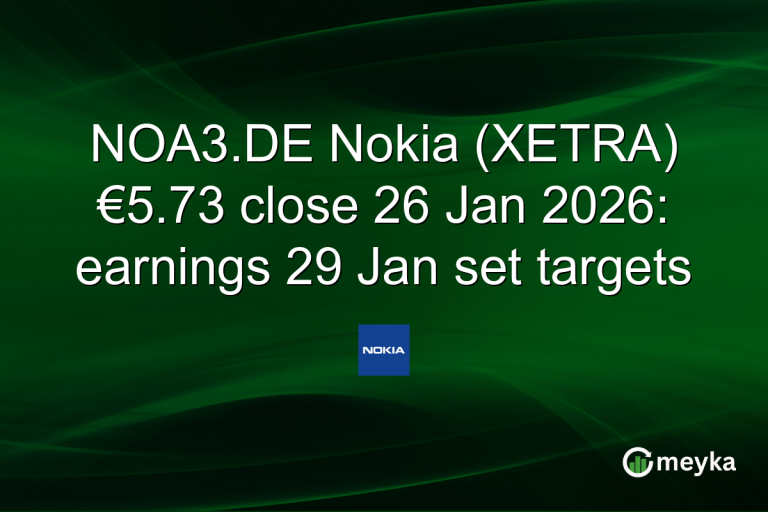Impact of HIBOR Fluctuations on Hong Kong’s Financial Landscape
The Hong Kong Interbank Offered Rate (HIBOR) is a crucial benchmark that reflects the cost of borrowing between banks in Hong Kong. Recently, we’ve observed significant fluctuations in HIBOR, raising concerns among investors and financial professionals. Understanding these shifts is vital for anyone involved in the Hong Kong banking sector, as HIBOR directly affects loans, mortgages, and interest-sensitive investments.
Continue Reading on Meyka
This article is available in full on our main platform. Get access to complete analysis, stock insights, and more.
Read Full Article →





